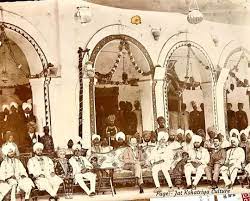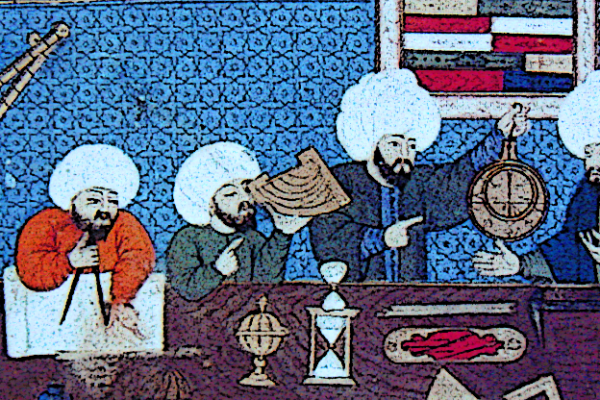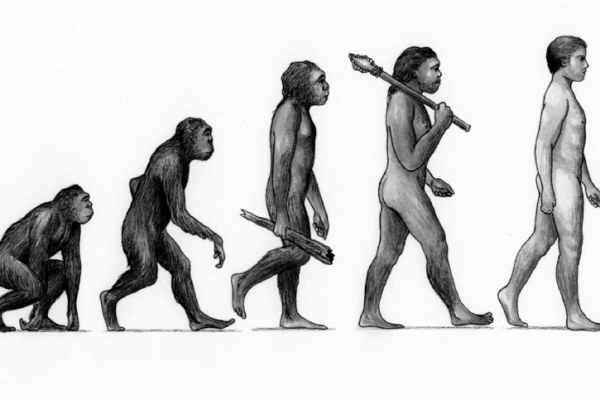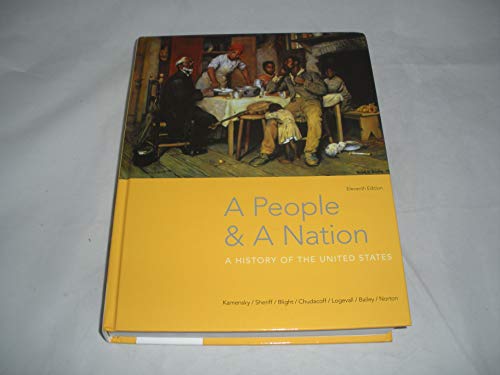
Discovering Thailand: A Comprehensive Exploration of History, Culture, Tribes, and Modern Life
Thailand, known as the Land of Smiles, is a country rich in culture, history, and natural beauty. From its ancient kingdoms and vibrant traditions to its diverse tribes and modern advancements, this comprehensive guide delves into all aspects of Thailand. Explore the historical evolution, cultural heritage, ethnic diversity, natural landscapes, economic developments, societal norms, political structure, and future prospects of this fascinating country. Whether you’re a traveler planning a visit or a reader eager to learn, this article provides an in-depth understanding of Thailand’s unique charm.
















